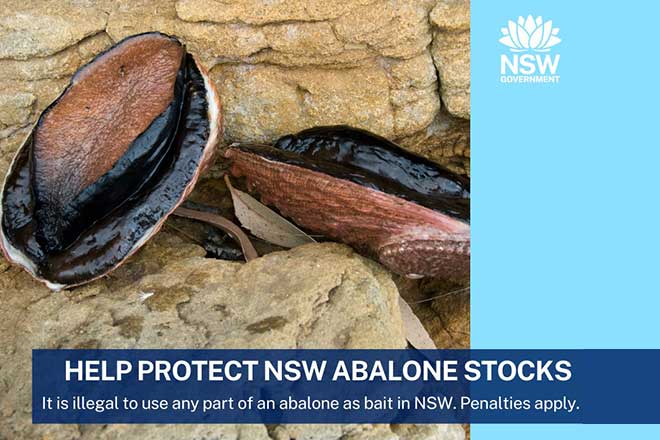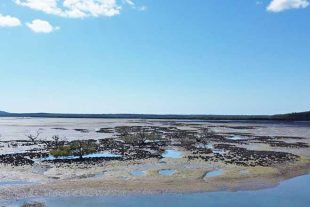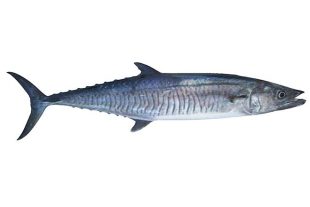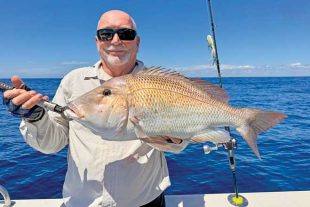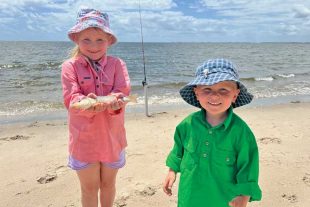Do not discard any seafood waste in waterways – throw all abalone shells, gut and any leftover abalone waste in the bin.
Movement restrictions are in place on the transport of live abalone into and within New South Wales in response to detections of Abalone Viral Ganglioneuritis (AVG) in South Australia.
What is AVG?
AVG is a viral disease which affects the nervous system of abalone and results in curling of the foot, swelling of the mouth, weakness and death of abalone.
AVG is a viral disease which impacts Blacklip, Greenlip and hybrid abalone. This is the first detection of AVG in South Australia.
NSW is free from many of the major fish and shellfish diseases present overseas and elsewhere in Australia. Introduction of new diseases such AVG from seafood intended for human consumption, can pose a risk to NSW abalone stocks and have a significant impact on native aquatic species.
To help reduce this risk, recreational fishers are reminded to:
1. Always throw abalone shells, gut and any leftover abalone waste in the bin
2. Do not discard any seafood waste in waterways
3. Do not use any part of an abalone as bait in NSW – it is illegal
Penalties apply.
Protecting NSW abalone stocks and seafood industries is a key priority for NSW DPI. Be alert for signs of disease within your stock and call the 24-hour EAD Hotline to report any symptoms on 1800 675 888.
For more information, visit www.dpi.nsw.gov.au/avg
More information
NSW DPI has implemented a ban on the importation of live abalone sourced from South Australia following a detection of Abalone Viral Ganglioneuritis (AVG) near Port MacDonnell.
Restrictions implemented under a biosecurity control order by the NSW DPI, mean that recreational fishers cannot bring live Abalone caught in South Australia into NSW, and retail and wholesale seafood businesses can’t import live abalone from South Australia.
 Bush ‘n Beach Fishing Magazine Location reports & tips for fishing, boating, camping, kayaking, 4WDing in Queensland and Northern NSW
Bush ‘n Beach Fishing Magazine Location reports & tips for fishing, boating, camping, kayaking, 4WDing in Queensland and Northern NSW

